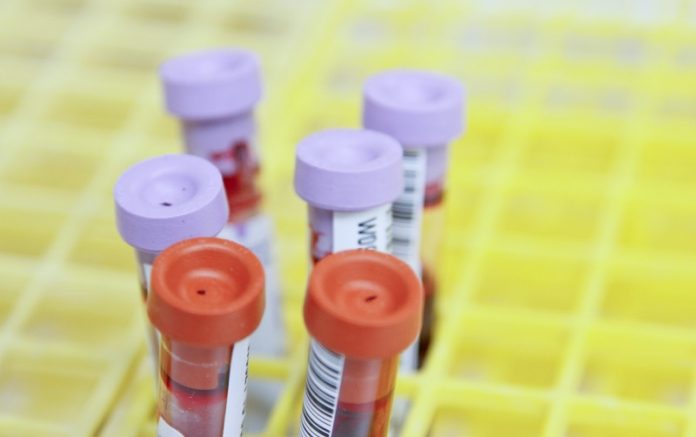
Scientists from RCSI University of Medicine and Health Sciences found that blood-clotting problems last in long COVID.
The finding further examined the link between long COVID and blood clotting and provided greater insight into the causes of long COVID syndrome.
Long COVID syndrome is a broad collection of symptoms including shortness of breath, fatigue, and reduced physical fitness that can continue for many months after initial infection with COVID-19.
Understanding is limited about why these symptoms persist in some patients but not others, and the novel syndrome remains a considerable clinical challenge for both doctors and patients alike.
To gain a new understanding of what causes long COVID, the team analyzed blood from 50 patients with long COVID syndrome up to 12 weeks post-infection with the COVID-19 virus.
They compared the samples to “controls,” blood from healthy people who did not have long COVID syndrome.
The team found that the body’s blood-clotting and immune systems can remain tipped out of balance long after the initial infection.
They found that the blood of patients with long COVID syndrome had higher levels of a blood-clotting booster called von Willebrand Factor (VWF), and lower levels of a protein that normally breaks down VWF, called ADAMTS13.
Their analysis also suggests that blood vessels were still being damaged long after the initial infection, and that specific cells of the immune system were at abnormal levels in patients with long COVID.
The analysis suggests that abnormal clotting and disturbed immunity go hand in hand in long COVID. Together, these findings may help explain some of the symptoms of long COVID syndrome.
If you care about COVID, please read studies about new antibody treatments for COVID-19, and Vitamin D could effectively determine the severity of COVID-19 infection.
For more information about COVID, please see recent studies about a new COVID vaccine for older people, and results showing this familiar drug may help treat COVID-19.
The research was published in the Journal of Thrombosis and Haemostasis and conducted by Professor James O’Donnell et al.
Copyright © 2022 Knowridge Science Report. All rights reserved.



